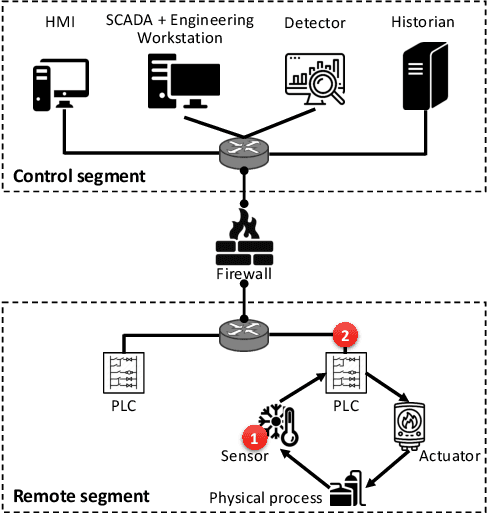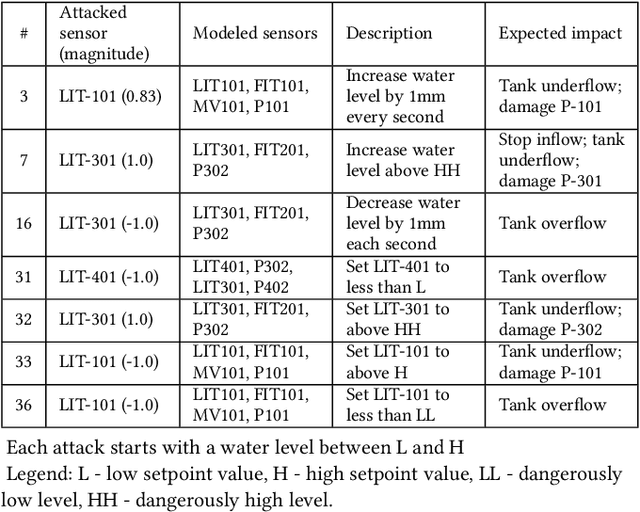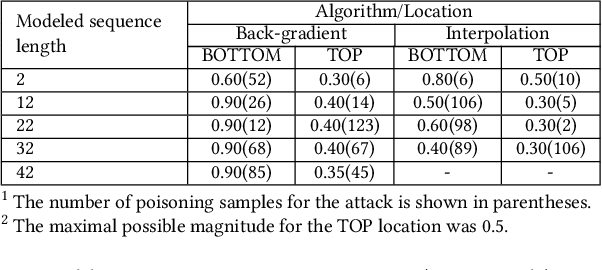Poisoning Attacks on Cyber Attack Detectors for Industrial Control Systems
Paper and Code
Dec 23, 2020



Recently, neural network (NN)-based methods, including autoencoders, have been proposed for the detection of cyber attacks targeting industrial control systems (ICSs). Such detectors are often retrained, using data collected during system operation, to cope with the natural evolution (i.e., concept drift) of the monitored signals. However, by exploiting this mechanism, an attacker can fake the signals provided by corrupted sensors at training time and poison the learning process of the detector such that cyber attacks go undetected at test time. With this research, we are the first to demonstrate such poisoning attacks on ICS cyber attack online NN detectors. We propose two distinct attack algorithms, namely, interpolation- and back-gradient based poisoning, and demonstrate their effectiveness on both synthetic and real-world ICS data. We also discuss and analyze some potential mitigation strategies.
 Add to Chrome
Add to Chrome Add to Firefox
Add to Firefox Add to Edge
Add to Edge